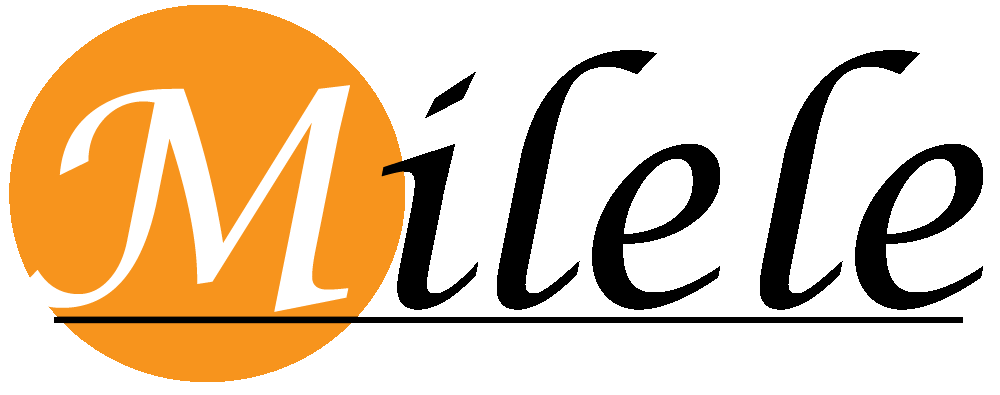Girl Power!
Girl Power!
Pendo is back at school and showing us what she is made of!
You need to be living under a rock these days to not hear about International Women’s Day, it is all over the news and social media. Whilst we are a little late to the party, I wanted to dedicate this blog post to the girls on our program and women in Kenya generally.
I don’t think it would come as a surprise to anyone to know that in Kenya the expectations of girls can be vastly to different to those of boys, but do we really understand just how different and what those expectations really are. And more importantly, what is Milele’s role in all of this.
According to Unicef statistics, in the period 2000-2012 the percentage of adolescent males currently married was 0.4%, compared with 12.1% of girls. This is a staggering difference and a stark reminder of the glass ceiling that faces many of the young girls in Kenya.
To be clear, we at Milele we are in no way against our girls settling down, getting married and having children. If that is their choice, and that is the key word, choice. It is such a small and simple word yet it holds so much power. Pendo has definitely taught us this lesson and we have realised first hand how powerfully she wanted to be a mummy; and she is excelling at it!
The Oxford Dictionary defines choice as “the right or ability to choose”. This is what we want for all of our children, and not just the girls. To have their lives opened up to the possibility of choosing.
Linet and her beautiful baby girl.
As a mum of two girls living here in the UK, I often feel like I am battling a glass ceiling that society is covertly putting in place when my back is turned. My eldest daughter said to me a few years ago “mummy we can’t read that book, it is about cars and so that is a book for boys.” To which I took a silently took a deep breath and kindly pointed out that there was no such thing as boys’ books and girls’ books, they were all simply books and anyone could read them. Fast-forward 3 years and that same daughter recently picked up a book that said ‘Stories for Girls’ and said to me “Mummy, this should just say stories for children and not just girls”. I beamed with pride and my inner feminist did a little whoop!
If my daughter is growing up in a household where we have cars, dinosaurs, dolls, teddies, beads, and tools and she can still feel the impact of society telling her that stories about cars are for boys, then it is hard to imagine living in a society where these views are entrenched, particularly in the more rural communities.
So, what is the solution, and how do we give our girls that choice that we were speaking about earlier? The key to these almost impossible questions is education, education, education.
Building positive male models is also really important, and Riziki and Rieder have formed a lovely bond.
In a country where education is not a given and comes at a price, the education of boys can all too often be prioritised over the education of girls. After all, the men are going to be the ones going out to work, and you don’t need an education to get married and have children. This is where choice comes in. If our girls are educated to the same standard as the boys, and see different possibilities in front of them, then who knows what may become of them. Maybe they will still settle down and have a family, maybe they will get a job in a bank, maybe they will become a teacher. Ultimately, we do not know what they will choose, but we will do everything in our power to make sure that it is a choice that they have the luxury of making.
We are incredibly proud of all of the girls on our program, whether this is Josephine going to secretarial college, Ummy acing her KCPE exams, Amina regularly achieving results of 90% in maths or Pendo showing us how she manages being a mummy and being at school; we could not be more proud of each of their individual achievements and are excited to see what the future holds for each of them.



